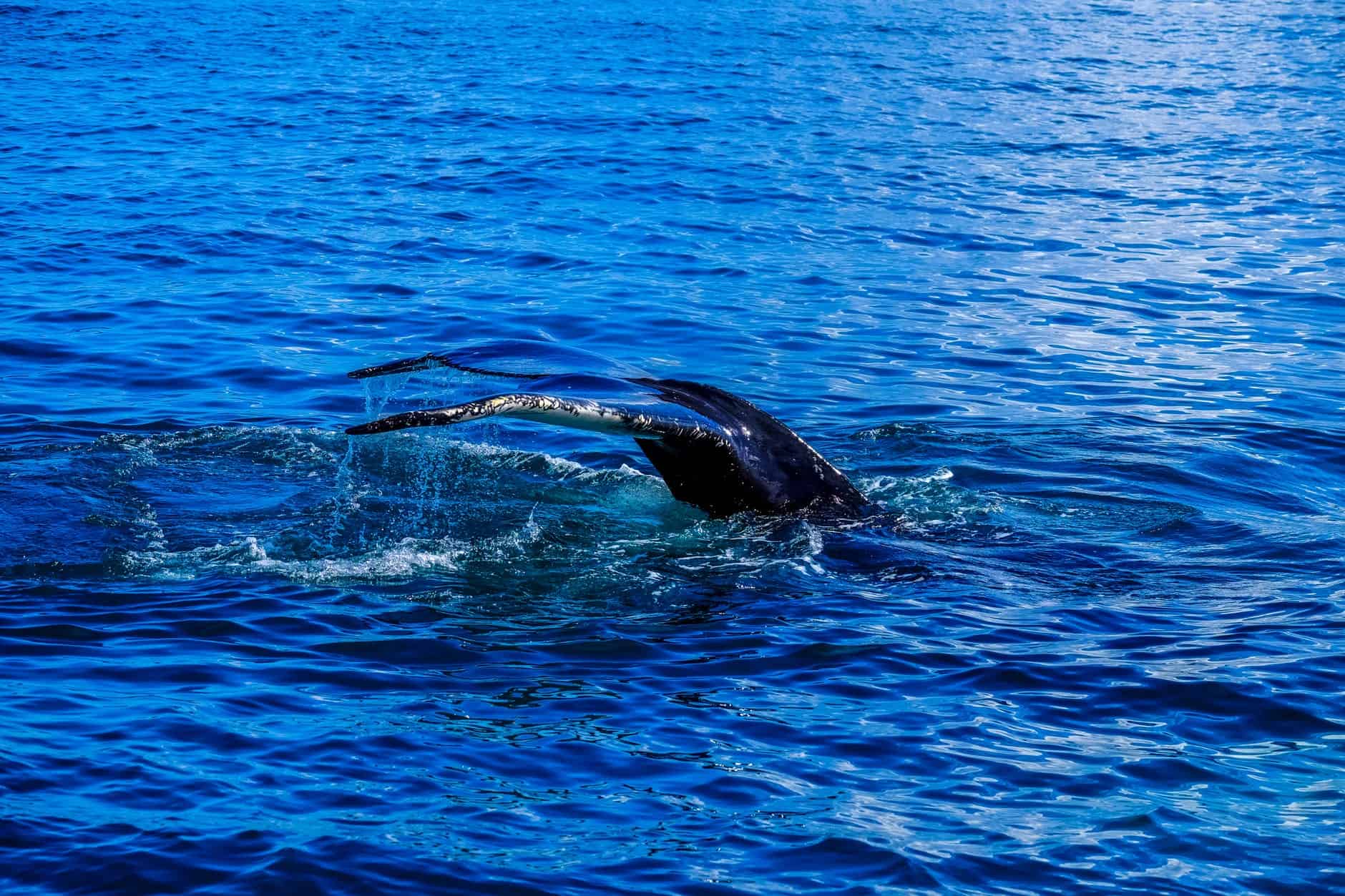This week’s headlines are intense. We talk about the US withdrawing from the Paris climate accords and what that means for the world. Eleven thousand scientists unite to warn the world of the coming climate crisis. And OCBC Bank is finally actually going coal-free, and more.
1. The US withdraws from the Paris Agreement.
Many countries and environmental groups around the world have expressed disappointment with the move, but the US is doing it anyway (the withdrawal will take effect on 4 November 2020). The Paris Agreement that brought together 188 nations to fight climate change is undoubtedly the most significant climate pact in the world. So significant, in fact, that the Climate Action Tracker, an independent scientific analysis that tracks government climate action, has made an entire statement on the effects of the US withdrawal. Essentially, they predict the US greenhouse gas emissions to be at least 3% higher in 2030 than with the domestic climate policies still in place. On top of that, the statement highlights that this withdrawal may “lead to an avalanche of countries withdrawing,” which is probably way scarier.
Why are they withdrawing? Because the agreement supposedly imposed an “unfair economic burden” on the United States.
2. 11,000 scientists warn of “untold suffering” because of the climate crisis.
In a statement published in the journal BioScience, 11,000 scientists from 153 nations around the world are declaring “clearly and unequivocally that planet Earth is facing a climate emergency. To secure a sustainable future, we must change how we live. [This] entails major transformations in the ways our global society functions and interacts with natural ecosystems.” What kind of changes are they proposing? Slashing fossil fuel usage, ending the destruction of nature, restoring forests and mangroves, eating less meat, reducing food waste, shifting economic goals away from GDP growth and stabilising the global population with ethical approaches, to name but a few. Now, we know that scientists always err on the side of caution and never exaggerate. So for them to make such a statement should sound the alarms for the world.
The scientists say “that such transformative change, with social and economic justice for all, promises far greater human well-being than does business-as-usual.” That’s some good news, at least?
3. Experts are saying that most countries’ climate plans are “totally inadequate”.
This shouldn’t be surprising given the above two headlines. According to comprehensive expert analysis by the Universal Ecological Fund, of the 184 national Paris pledges made, 136 are insufficient. That’s three-quarters, by the way. Apparently, the world is on a path to climate disaster. Another issue is that many pledges are unlikely to be met, with, for example, the US withdrawal, Brazil’s president (Bolsonaro, if you remember from our Amazon reporting) reversing environmental policies, and poorer nations not getting enough funding. (The US and Australia have stopped making such contributions.) Other major oil-producing countries, including Saudi Arabia, the UAE and Kuwait, have set no targets. Finally, China and India are cleaning up their energy systems, but their emissions are going to continue growing.
The report concluded that countries that pledged between 20-40% emissions reductions by 2030 need to do much better.
4. Amazon land defender killed by illegal loggers.
We’ve talked about indigenous villages being invaded and environmental activists being killed before, but it doesn’t make it any less horrifying. Young indigenous land defender Paulo Paulino Guajajara was reportedly attacked and shot in the head. He was inside the Arariboia reservation in the Maranhao state in Brazil’s Amazon. He is a member of Guardians of the Forest, a group combating logging gangs in the area. Non-profit group Survival International says that at least three Guardians have previously been killed, along with many of their relatives.
Concerned? Donating to non-profits who are working to protect the indigenous peoples in the Amazon is one way to help.
5. Prada is first in the fashion industry to sign-sustainability related loan.
We know that fashion is among the most polluting industries in the world. Earlier this year, 32 fashion houses pledged to protect the planet at the G7 summit. (Prada included.) And now, it’s stepping up its game with this industry-first move. It’s apparently inked a €50 million, 5-year sustainability term loan with Crédit Agricole Group. Meaning that if they achieve certain sustainability targets, they can adjust their interest rates. If, for instance, they obtain LEED Gold or Platinum certification for a certain number of stores. Or if they meet their targets for using Re-Nylon, etc. This is great news, but whether or not it’s greenwashing depends on their next moves. We’ll have to wait and see. (But according to Rank a Brand, who compares sustainability policies across various brands, Prada gets its lowest possible score on sustainability)
BONUS SCOOP
OCBC is now coal-free!
Earlier in the year, we reported that OCBC was the first bank in Southeast Asia to rule out funding new coal plants. Back then, it still had two coal projects in Vietnam. This caused some environmental groups to be sceptical of their big announcement. But now, it’s been confirmed, as reported by Eco-Business, that it’s dropped out of those projects. Julien Vincent, head of NGO Market Forces, campaigning for banks to quit coal in Southeast Asia, had this to say. “While OCBC is walking the talk, other banks such as DBS Bank and Standard Chartered Bank, which have also promised to stop funding coal, remain involved in new coal projects.” Vincent calls this “making a mockery of the policies they have only just introduced.”
Image credits: Getty via Forbes


